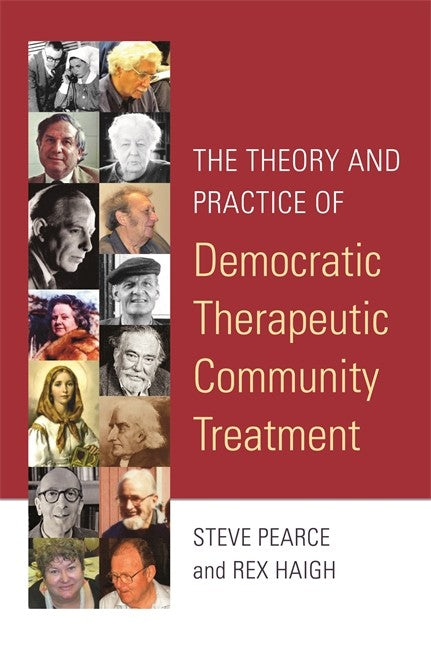Acknowledgements.
Preface.
Section One: History.
1. A history of therapeutic communities.
Section Two: Concepts.
2. Why therapeutic communities?
3. Therapeutic community-specific theory.
4. Belongingness.
5. Responsible agency.
6. Social learning.
7. Emotional progression and narrative.
8. The use of psychodynamic theory and techniques.
9. Group analytic influences and theories.
10. Group processes and systems.
11. Evidence for therapeutic community effectiveness.
12. General approach and principles.
Section Three: Practice.
13. Phases and timing.
14. Assessment and selection.
15. Democratic therapeutic community structure.
16. Boundary maintenance.
17. Quality of relationships and therapeutic method.
18. The use of psycho-educational and humanistic methods.
19. Anti-therapeutic processes.
Section Four: Organisational Aspects.
20. Organisational relationships.
21. Organisational development.
Section Five: Training.
22. Training - introduction.
23. Experiential training for working in therapeutic communities. 24. Supervised clinical practices.
Appendices.
Further Reading.
References.
Index.

